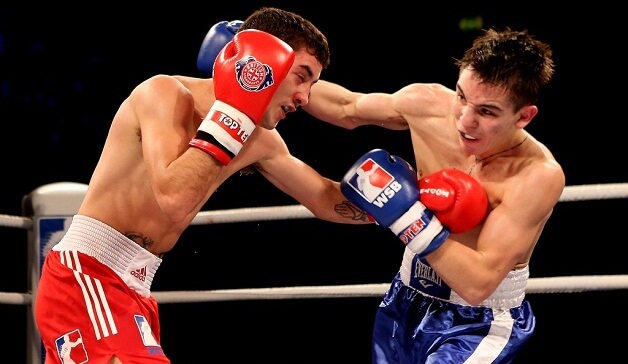Earlier this week, the United States Supreme Court held that laches (the legal doctrine that a claim will not be enforced if a long delay in asserting that claim harms the adverse party) cannot bar a copyright plaintiff’s pursuit of a claim for damages brought within the Copyright Act’s three-year statute of limitations. The case, Petrella v. Metro-Goldwyn-Mayer, Inc., involved copyright claims regarding the 1980 motion picture, Raging Bull, which was based on the life of boxing champion Jake LaMotta.
Without going into granular details of the copyright history, the case turned on petitioner Paula Petrella inheriting her father, screenwriter Frank Petrella’s, renewal rights to the 1963 copyright of the original screenplay. In 1991, Petrella renewed the copyrights to the 1963 screenplay and effectively became the sole owner of the copyright in that work. Seven years later in 1998, Petrella’s attorney informed Metro-Goldwyn-Mayer (“MGM”) that Petrella had obtained the copyright and that Raging Bull, as a derivative work, infringed on that copyright. And nine years later, in 2009, Petrella filed her copyright infringement lawsuit.
MGM moved for summary judgment on multiple grounds, including laches. MGM contended that Petrella knew of grounds for her lawsuit in 1991 when she renewed the copyright, and that her 18-year delay in filing suit was unreasonable and prejudicial to MGM. The district court agreed with MGM and dismissed the suit. The Ninth Circuit affirmed the dismissal.
In a 6-3 decision, the Supreme Court reversed the Ninth Circuit, finding that it had erred in applying laches to the Copyright Act’s three-year statute of limitations. The Court held, “in face of a statute of limitations enacted by Congress, laches cannot be invoked to bar legal relief,” and emphasized that laches is a “gap-filling, not legislation-overriding” affirmative defense arising out of equity.
Among other things, MGM argued that (1) the Federal Rules of Civil Procedure make laches available as an affirmative defense in any civil lawsuit; (2) laches should be available as an affirmative defense just like equitable tolling is available for every statute of limitation; (3) laches prevents a copyright owner from inequitably waiting to sue until defendant has invested resources to make the work profitable; and (4) applying laches prevents inequity where a plaintiff’s delay prejudices defendant, e.g. through lost evidence.
Unconvinced, the majority pointed to the Copyright Act’s three-year statute of limitations, noting that successful plaintiffs can gain retrospective relief only three years back from the time of suit. Plaintiffs cannot recover profits earned by a defendant prior to those three years. Thus, the text of the Copyright Act contemplates a plaintiff’s delay in bringing a lawsuit. The Court further noted that recovery may also be reduced by a defendant proving that elements of profit were attributable to factors other than the copyrighted work.
The Court was not persuaded by MGM’s argument that copyright owners are incentivized to inequitably delay filing lawsuits, instead finding that the Copyright Act specifically “allows a copyright owner to defer suit until she can estimate whether litigation is worth the candle.” And the Court also noted that a defendant could still raise a defense of estoppel to reduce damages where an alleged infringer detrimentally relies on a copyright owner’s intentional misrepresentations. The Court noted that those other defenses may be available to MGM, but found that laches could not immunize MGM from liability.
This opinion brings more clarity to the split in the Circuit Courts regarding the availability of laches as a defense to copyright infringement cases, and will likely have reverberating effects on other cases alleging violations of laws with statutes of limitations. Indeed, various news outlets have reported on an upcoming copyright lawsuit against Led Zeppelin, in which the Los Angeles band, Spirit, will allege that Led Zeppelin’s 1971 hit “Stairway to Heaven” infringes upon Spirit’s 1968 instrumental, “Taurus.” The Supreme Court’s Petrella decision may lead to an avalanche of cases based on older copyrighted works.
WorldSeriesBoxingPhoto from Flickr


